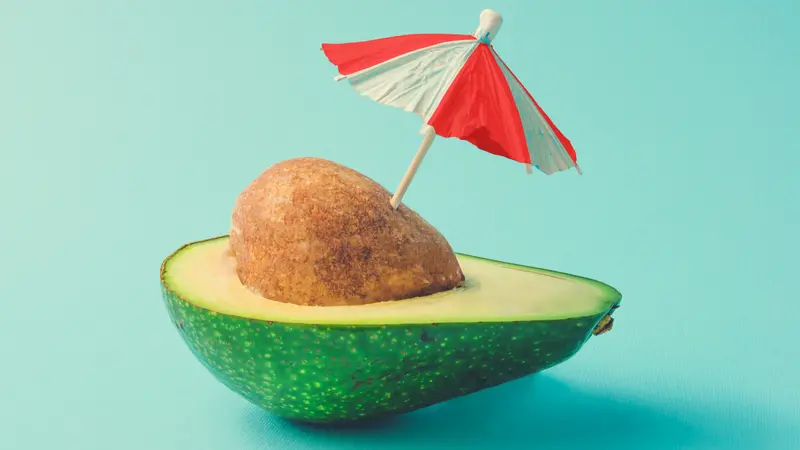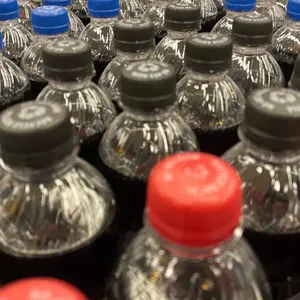

Planet and People Connection

Planet and People Connection
Certain Foods Shown to Protect Skin from Sun Damage
As days are longer and outside activities abound during the summer, the potential for skin damage from the sun's Ultraviolet (UV) rays also increases. Protecting skin from the consequences of overexposure to sun can be tricky, especially since some sunscreens contain dangerous ingredients such as oxybenzone.
Although covering up the skin with clothing or topical barriers is one option, it’s been found that many plant-protective nutrients can act as internal sunscreens and mitigate damage from UV rays. Dr. Deanna Minich, PhD, MS, scientist, author, president of the American College of Nutrition, and faculty for the Institute for Functional Medicine, breaks down the literature on dietary elements that provide some photoprotection for the skin.
During photosynthesis, carotenoids in plants absorb wavelengths of light, providing protection for the plant. Carotenoids like beta-carotene and lycopene hold powerful antioxidant properties and may serve a similar protective role for humans. Polyphenols, flavonoids, and other phytochemicals are plant-based compounds that help reduce sunburn and improve skin condition. The flavonoids in dark chocolate are particularly powerful. One study found that consuming 4–6 g of cocoa for one week led to a significant increase in photoprotection.
Vitamins C and E are known for their antioxidant and skin-promoting properties and may aid in protecting against UV-induced skin damage and aging. In one population study in Northern Italy, higher dietary intakes of vitamin C led to a decreased odds ratio of melanoma. It’s also thought that fish oil may be beneficial for internal photoprotection due to its anti-inflammatory properties. Like the gut, the skin has its own microbiome, so probiotics may also be helpful to stave off sun damage.
According to scientists, the best foods to incorporate into one’s diet to provide the nutrients needed for internal sun protection are avocados, carrots, chocolate, cruciferous vegetables, goji berries, grapes, green leafy vegetables, oranges, pomegranates, rosemary, sweet potatoes, green tea, tomatoes, and watermelon. The photoprotective benefits of these foods may not be enough to replace physical barriers or sunscreen, but they provide the skin with systemic protection, along with numerous health benefits.
REFERENCES
Minich, D. (2019, June 20). A plant-based diet to protect the skin from the sun. Deanna Minich. https://www.deannaminich.com/a-plant-based-diet-to-protect-the-skin-from-the-sun/


 By
By







